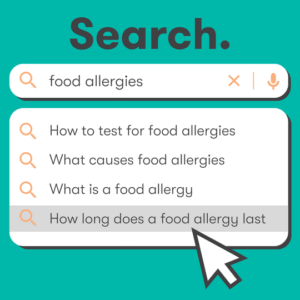
Did you know that a significant number of older adults deal with at least one chronic health condition? The positive aspect is that maintaining a nutritious diet can significantly improve this situation. Consuming the right foods can help prevent or manage various age-related issues. In this article, we’ll explore how proper nutrition contributes to healthy aging and share straightforward tips to help you eat well as you grow older. Keep reading!
The Impact of Aging on Nutritional Needs
As we grow older, our bodies undergo various changes that affect digestion, nutrient absorption, and energy utilization. Our metabolism tends to slow down, leading to a decreased caloric requirement.
Even with lower calorie needs, it remains crucial to consume ample nutrients. Some older adults may experience challenges such as a diminished sense of taste, difficulty chewing, or changes in appetite, making it more difficult to obtain the necessary nutrients.
This is why focusing on nutrient-dense foods is essential. Simple dietary adjustments can promote healthy aging in a balanced and sustainable manner.
Essential Nutrients for Healthy Aging
To maintain strength and overall well-being, it’s vital to incorporate specific nutrients into your daily meals. Fiber aids in digestion and reduces the risk of heart disease. Protein is crucial for preserving muscle strength, which helps prevent falls and injuries.
Healthy fats, especially omega-3 fatty acids, are beneficial for brain health and reducing inflammation. Foods like salmon, walnuts, and flaxseeds are rich in these fats. Additionally, fruits and vegetables are packed with vitamins and antioxidants that protect your cells from damage and bolster your immune system.
A diverse diet provides your body with the necessary tools to remain healthy, active, and alert.
Creating a Healthy and Balanced Diet
Begin your day with a nutritious breakfast that includes whole grains, fruit, and a protein source like eggs or yogurt. For lunch, enjoy a salad filled with leafy greens, various vegetables, and a lean protein like chicken or beans. Dinner could consist of fish, brown rice, and steamed vegetables.
Staying hydrated is equally important. As you age, your thirst perception may decline, so it’s essential to drink water throughout the day. Proper hydration enhances bodily functions and maintains skin and joint health.
Healthy snacks are also an excellent addition to your diet. Fresh fruit, nuts, or whole grain crackers with cheese are nutritious options. Aim to avoid snacks high in sugar or unhealthy fats, and try to limit salted foods.
Maintaining Activity and Engagement
Good nutrition is only one aspect of overall health. Staying active is just as critical. Even gentle activities like walking or stretching can enhance strength, balance, and mood. Regular physical activity also helps your body utilize the nutrients from your food more efficiently.
Keeping your mind engaged is another fundamental aspect of healthy aging. Consider reading, solving puzzles, or discovering new skills. Spending time with friends or joining social groups can also uplift your mood and enhance your quality of life.
Start Your Healthy Aging Journey
Proper nutrition is one of the most effective ways to care for yourself as you age. It aids in disease prevention, boosts energy levels, and supports both physical and mental health. By choosing nutrient-rich foods and remaining active, you can lead a fuller and healthier life.
Make your health a priority today. The choices you make now will significantly affect how you feel tomorrow and in the future.
Eager for more insights? Our blog is filled with valuable information tailored just for you!








